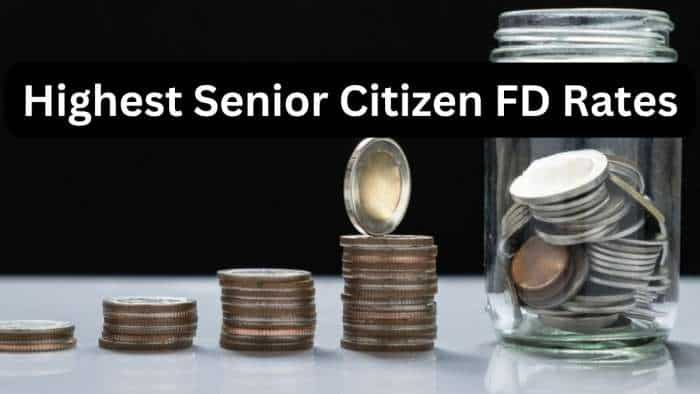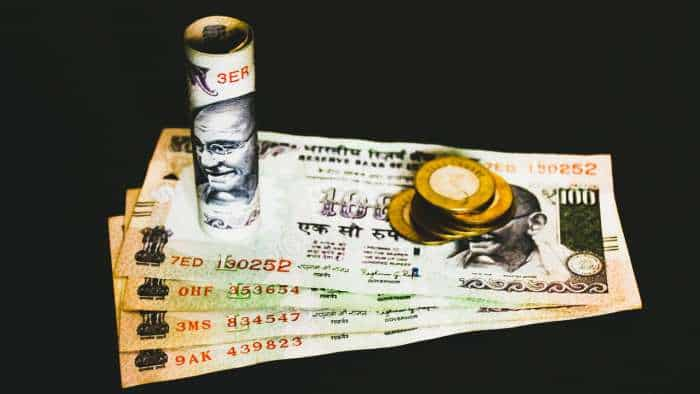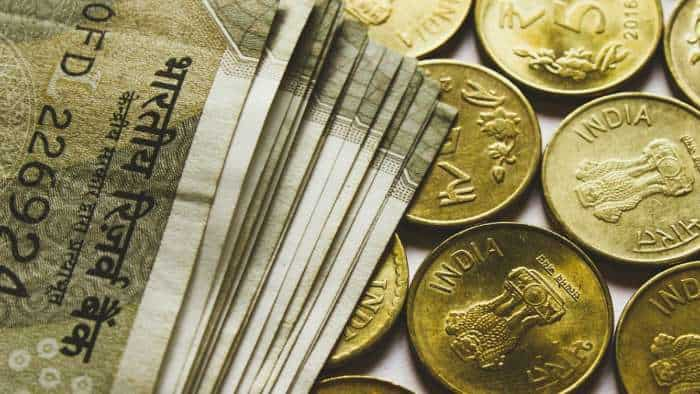7th Pay Commission: Allowance committee to take more time to submit final report
In the last meeting, National Joint Council of Action (NJCA) representives were also part of it. NJCA is a joint body of unions representing central government employees.

As soon as the central employees thought the wait for higher allowance is over, the allowance committee on Wednesday said that they will take some more time.
The allowance committee under 7th Pay Commission is likely to take four to five more days to submit its final report to Finance Minister Arun Jaitley, as reported by NDTV quoting a top employee of union official.
ALSO READ: 7th Pay Commission: Allowance committee to submit final report this week
Earlier, as per various media reports, the committee was expected to submit the report by this week after the "crucial" meeting held on April 6. However, the committee has now asked for some more time to finalise the report.
In June last year, after the implementation of 7th Pay Commission, Finance Minister Arun Jaitley had announced the formation of Lavasa panel, to examine the suggestions on allowance.
Apart from allowances, the panel will also give suggestions on House Rent Allowances to the government. Under the 7th Pay Commission, HRA should be paid at the rate of 24%, 16% and 8% of the new Basic Pay, depending on the type of cities.
Employees' unions demanded HRA at 30, 20 and 10%.
ALSO READ: 7th Pay Commission: Allowance committee to hold "crucial" meeting today
In the last meeting, National Joint Council of Action (NJCA) representives were also part of it. NJCA is a joint body of unions representing central government employees.
Before that, on March 28, the Lavasa Panel had said they will finalise the report after receiving comments from ministries on treatment of 14 allowances and benefits. The panel had sought comments from ministries of defence, railways and posts on treatment of over a dozen benefits.
Other recommendations that included a change in the present system of accounting, wherein pay and allowances are clubbed and it would be difficult to bifurcate these.
Out of 196 allowances, the 7th Pay Commission report had recommended abolition of 52 and subsuming of another 36 into larger existing ones.
Reason for the delay?
One of the reason could be the recent comment by the Reserve Bank of India on how 7th Pay Commission will impact the inflation. On April 7, the RBI Governor, Urjit Patel had said the implementation of the allowances will create "prominent risk on inflation."
"In case the increase in house rent allowance as recommended by the 7th CPC is awarded, it will push up the baseline trajectory by an estimated 100-150 basis points over a period of 12-18 months, with this initial statistical impact on the CPI followed up by second-order effects," RBI had said.
ALSO READ: 7th Pay Commission: RBI flags concern over inflation; what will allowances committee do?
The central bank has been raising its concern over the impact on inflation due to the implementation of 7th Pay Commission, from quite some time. Now, the question arise is what will Lavasa panel do?
Get Latest Business News, Stock Market Updates and Videos; Check your tax outgo through Income Tax Calculator and save money through our Personal Finance coverage. Check Business Breaking News Live on Zee Business Twitter and Facebook. Subscribe on YouTube.
RECOMMENDED STORIES

Highest Senior Citizen FD Rates: Here's what banks like SBI, PNB, BoB, Canara Bank, HDFC Bank and ICICI Bank are providing on 1-year, 3-year, 5-year fixed deposits

SBI Guaranteed Return Schemes: Here's what PSU bank is giving on Amrit Vrishti and other fixed deposit schemes to senior citizens and others

PPF vs SIP: With Rs 12,000 monthly investment for 30 years; which can create highest retirement corpus

Top 7 Mutual Funds With Highest Returns in 1 Year: Rs 6,54,321 in No 1 scheme has jumped to 10,38,996; what about others?

Stocks to buy for 2025: Anil Singhvi bets on 2 largecaps and 1 midcap stock for up to 48% potential gains

Top 7 Large and Mid Cap Mutual Funds With Highest SIP Returns in 1 Year: Rs 27,27,2 monthly SIP investment in No. 1 fund has zoomed to Rs 4,05,296

Rs 4,444 SIP for 40 Years vs Rs 44,444 SIP for 21 years: Which can create higher corpus for investors? See how compounding works
03:50 PM IST











 Will 8th Pay Commission be implemented? Salary revision, DA hike and other key details central govt employees need to know
Will 8th Pay Commission be implemented? Salary revision, DA hike and other key details central govt employees need to know 7th Pay Commission: How much gratuity one will get on salaries of Rs 20,000, Rs 30,000 and Rs 50,000; see calculation
7th Pay Commission: How much gratuity one will get on salaries of Rs 20,000, Rs 30,000 and Rs 50,000; see calculation 7th Pay Commission: How much gratuity one can get on Rs 15K and 20K basic salaries; know calculations
7th Pay Commission: How much gratuity one can get on Rs 15K and 20K basic salaries; know calculations 7th Pay Commission: Centre hikes HRA for its employees; know city-wise limits
7th Pay Commission: Centre hikes HRA for its employees; know city-wise limits DA Hike Announced: How is dearness allowance calculated for central government employees?
DA Hike Announced: How is dearness allowance calculated for central government employees?